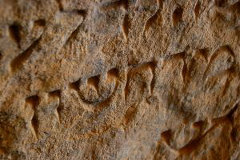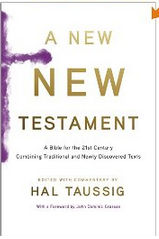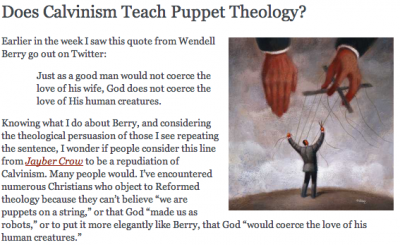What is the "New Perspective on Paul"? A Basic Explanation (Part 1)
 Reprinted with permission.
Reprinted with permission.
Introduction
The influence of this movement is increasing within evangelicalism, and I believe many people are in the dark about it. The subject is important also because we tend to view Scripture through the lens of the Reformation instead of the other way round. Although the Reformers got the gospel right, their successors have sometimes appealed to them and not the Bible. At least the New Perspective on Paul (NPP), whatever its merits or demerits, has directed us back to the Bible again.
The so-called “New Perspective on Paul” would be better called “New Perspectives on Paul.” But in whatever variation, and whatever its problems, the New Perspective offers an important and robust challenge to traditional Reformation views of justification and Pauline theology. I should say that I do not dismiss everything the New Perspective has to say. While I am completely in agreement with the Reformers on justification by grace through faith, I am not ready to “throw the baby out with the bath water.”




Discussion